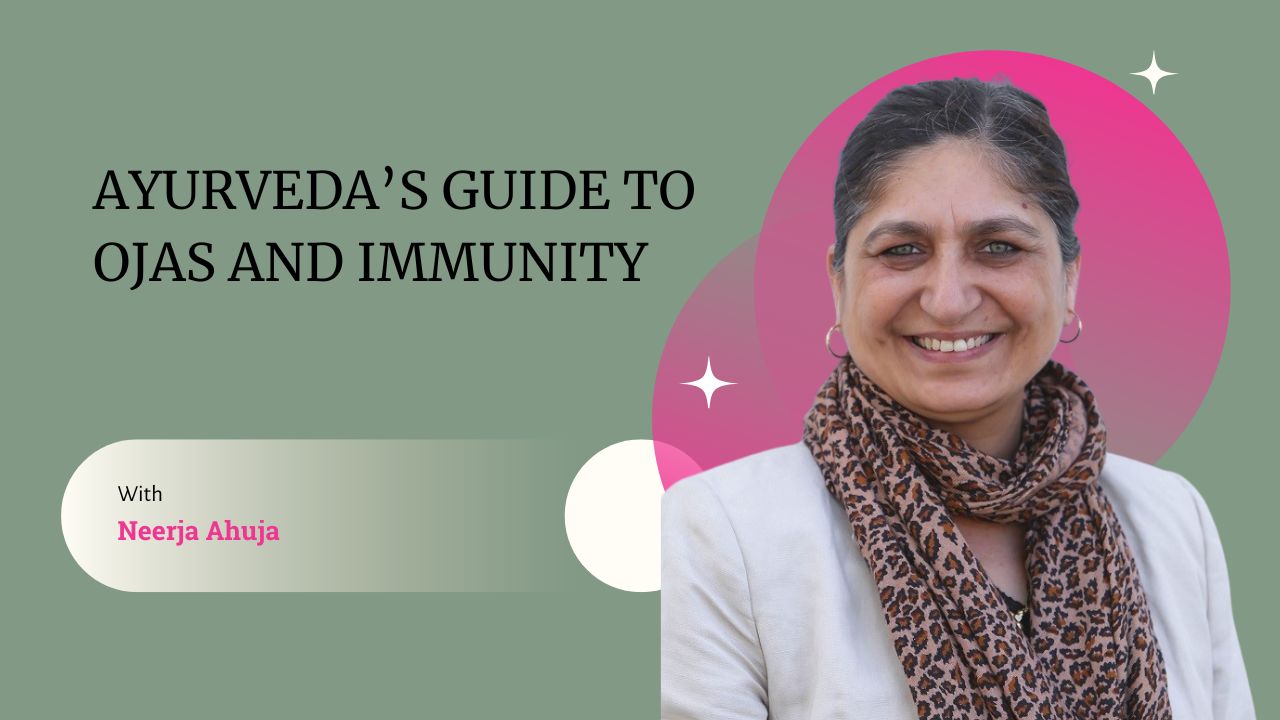“Let food be thy medicine and medicine be thy food.”
You are what you eat!
“When diet is wrong, medicine is of no use. When diet is correct, medicine is of no need.” – An Ayurvedic Proverb
Are you eating because you are hungry? Other reasons for eating food include emotional eating, an upset, boredom, for distraction, or eating because good food is around. None of these is necessarily good for health.
According to Ayurveda, food is our first medicine.
Food not only nourishes the body but it also affects the mind, its alertness and awareness. In that way it affects our overall experience of life itself. So it is essential for us to understand and appreciate a little more about our food.
In fact, The Upnishads (ancient texts) say “Food is Brahman”, the Highest Reality and Conscious Principle. We are born from food, are alive because of food and when we pass away, we turn into food.

Ayurveda provides specific dietary guidelines to create and maintain health and to relieve symptoms of illness.
You might have heard of diet to improve heart health or reduce the risk of diabetes, high blood pressure and some other health issues, but Ayurveda goes beyond that and talks about taking care of your mind through food. Simple, supportive dietary changes may improve alertness, and reduce symptoms of depression, anxiety and many other mental health issues, other than the body health issues.
Since diet is such a significant aspect of maintaining good health, Ayurveda emphasizes the need to be aware of what, when and how we are eating.
Health is subjective, same food does not produce same effect on everyone. It is like different cars need different kind of fuels for optimal performance.
- Foods can bring agitation in the mind, eg hot and spicy foods, caffeine or fried foods.
- Foods can bring dullness and lethargy and inertia in the body, eg many refined and processed foods.
- And there are also foods that bring peace and equanimity in the mind, eg fresh seasonal fruits and vegetables.
Our mental attitude depends a lot on the food we eat, physically as well as what we take in through our senses.
Attitude while eating
Ayurveda talks about the attitudes to bring when eating food to support health e.g.
- Do not eat when you are emotionally upset.
- Anger, frustration, sadness or other negative emotional states impact your ability to enjoy and digest food. If you’re not in a good emotional state, try taking a few deep breaths before eating, and thinking of your happy place!
- It is important to think about the attitude while cooking because that is just as important.
Choosing foods for wellness can be intuitive and simple.
- An ideal diet is light, produced out of fresh food ingredients, soothing, satisfying and easily digested.
- It helps to maintain the body’s health, increase strength, vigour and vitality.
- It improves mental function and consists of moderate portions of food.
All these things have an impact on the body as well as the mind and its functioning.
Some simple changes in our food habits and eating according to our body type and current imbalances, help you to have a healthy and balanced life. The three qualities of mind – tamas, rajas, and sattva – are necessary to maintain our mental and emotional balance.



